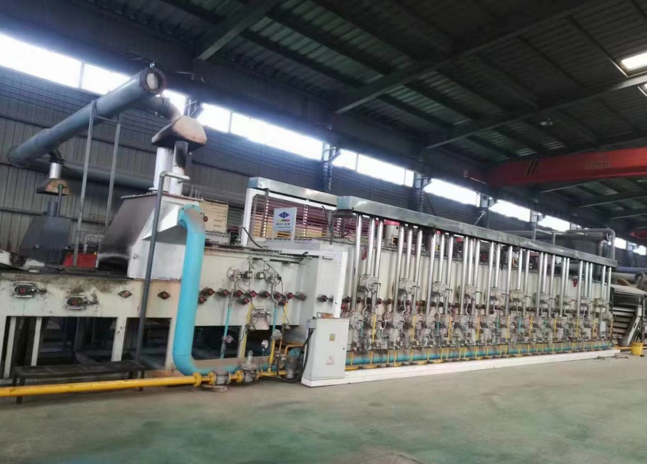drywall screw weight capacity product
Understanding the Weight Capacity of Drywall Screws
When it comes to hanging objects on drywall, choosing the right fastener is crucial. Among various options available, drywall screws are a popular choice due to their effectiveness and convenience. However, one fundamental aspect that often goes overlooked is the weight capacity of drywall screws. Understanding how much weight a drywall screw can support is vital for ensuring safety and preventing damage to your walls.
What Are Drywall Screws?
Drywall screws are specialized fasteners designed to secure drywall sheets to wooden or metal studs. Typically made of hardened steel, they come in various sizes and types, including coarse and fine threads. Coarse-thread screws are usually used for attaching drywall to wood, while fine-thread screws are preferable for metal studs. Each type has its own unique properties and intended uses.
Weight Capacity Factors
The weight capacity of drywall screws depends on several factors, including the type of drywall, the size and type of screw, the material it is anchored to, and how the screw is installed. Here are some considerations to keep in mind
1. Screw Size and Length Drywall screws come in various lengths and diameters. Generally, longer and thicker screws can hold more weight. For instance, a 2-inch screw can typically hold more weight than a 1-inch screw.
2. Thread Type As previously mentioned, screws with coarse threads are generally better for attaching to wood, while fine-thread screws are suitable for metal studs. The type of thread affects how securely the screw grips the material.
drywall screw weight capacity product

3. Anchoring If you're using drywall anchors along with screws, the load capacity can significantly increase. Anchors distribute weight more evenly and provide added strength, allowing screws to hold heavier items securely.
4. Installation Method Proper installation is crucial for maximizing weight capacity. Ensuring screws are driven into the stud rather than just the drywall will enhance stability. Using a stud finder can help locate the best position for hanging items.
5. Weight Distribution The way the weight is distributed across multiple screws also plays a role in their overall capacity. For items that are particularly heavy, it may be prudent to use multiple screws to disperse the load.
Typical Weight Capacities
The weight capacity of drywall screws can vary widely based on the conditions mentioned. A rule of thumb is that a single drywall screw can typically hold between 20 to 50 pounds when installed correctly in a stud. However, when using anchors, this capacity can increase to 100 pounds or more, depending on the type of anchor used.
For heavier items like large shelves or flat-screen televisions, it is advisable to secure them directly to a stud or use heavy-duty wall anchors designed for high-capacity loads. Products like toggle bolts can be particularly effective for this purpose.
Conclusion
In conclusion, understanding the weight capacity of drywall screws is crucial for any DIY project involving drywall installation. By considering the factors discussed – such as screw size, threading, anchoring techniques, and installation methods – you can ensure that your hanging projects are safe and secure. Always prioritize safety over aesthetics, and when in doubt, consult the manufacturer's specifications or seek professional advice. Doing so will help you avoid costly repairs and ensure the longevity of your installations.
-
Top Choices for Plasterboard FixingNewsDec.26,2024
-
The Versatility of Specialty WashersNewsDec.26,2024
-
Secure Your ProjectsNewsDec.26,2024
-
Essential Screws for Chipboard Flooring ProjectsNewsDec.26,2024
-
Choosing the Right Drywall ScrewsNewsDec.26,2024
-
Black Phosphate Screws for Superior PerformanceNewsDec.26,2024
-
The Versatile Choice of Nylon Flat Washers for Your NeedsNewsDec.18,2024










